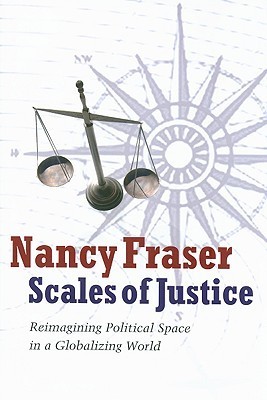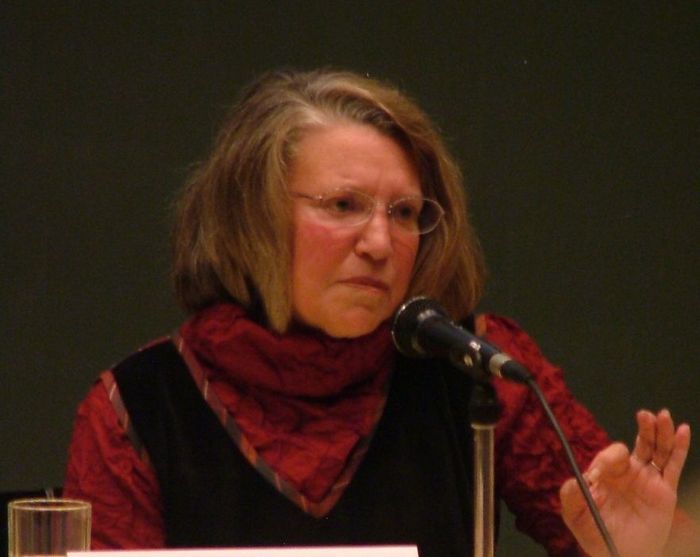
Until recently, struggles for justice proceeded against the background of a taken-for-granted frame: the bounded territorial state. With that "Westphalian" picture of political space assumed by default, the scope of justice was rarely subject to open dispute. Today, however, human-rights activists and international feminists join critics of structural adjustment and the World Trade Organization in challenging the view that justice can only be a domestic relation among fellow citizens. Targeting injustices that cut across borders, they are making the scale of justice an object of explicit struggle. Inspired by these efforts, Nancy Fraser asks: What is the proper frame for theorizing justice? Faced with a plurality of competing scales, how do we know which one is truly just? In exploring these questions, Fraser revises her widely discussed theory of redistribution and recognition. She introduces a third, "political" dimension of justice—representation—and elaborates a new, reflexive type of critical theory that foregrounds injustices of "misframing." Engaging with thinkers such as Jürgen Habermas, John Rawls, Michel Foucault, and Hannah Arendt, she envisions a "postwestphalian" mapping of political space that accommodates transnational solidarity, transborder publicity, and democratic frame-setting, as well as emancipatory projects that cross borders. The result is a sustained reflection on who should count with respect to what in a globalizing world.
Author

Nancy Fraser is an American critical theorist, currently the Henry A. and Louise Loeb Professor of Political and Social Science and professor of philosophy at The New School in New York City. Fraser earned her PhD in philosophy from the CUNY Graduate Center and taught in the philosophy department at Northwestern University for many years before moving to the New School. Librarian Note: There is more than one author with this name in the Goodreads database.